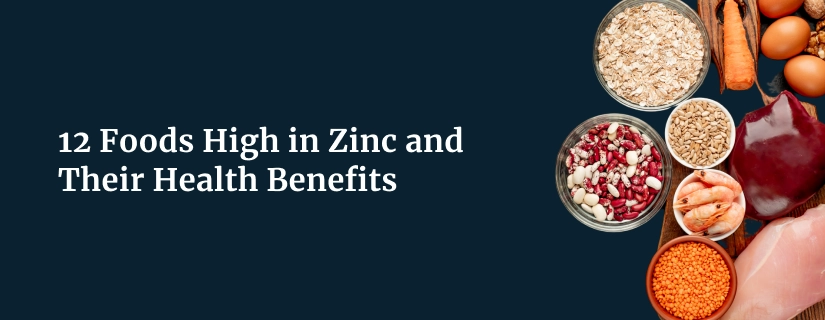Zinc is an essential trace mineral that plays a crucial role in various bodily functions. Recently, the term “Zinc Spark” has gained significant attention, particularly in health and nutrition circles. But what exactly does it mean, and how does zinc impact your body? In this article, we will explore the numerous benefits of zinc, its vital role in maintaining health, and how to incorporate more zinc into your diet.
What is Zinc Spark?
Zinc Spark refers to the powerful effects of zinc on the body, acting as a catalyst for numerous biological processes. Zinc is necessary for enzyme activity, protein synthesis, DNA production, and cell division. It also plays a key role in supporting the immune system, promoting wound healing, and contributing to skin health.
While the term “Zinc Spark” isn’t widely recognized in scientific literature, it highlights the dynamic nature of zinc and its crucial importance to overall health.

Health Benefits of Zinc
Zinc is involved in several aspects of health, including:
1. Boosting Immune Function
One of the most well-known benefits of zinc is its role in supporting the immune system. Zinc helps activate T-lymphocytes, which are white blood cells essential for immune response. A deficiency in zinc can weaken immune defenses, making the body more susceptible to infections and illnesses.
2. Skin Health and Wound Healing
Zinc plays an important role in skin health and the healing of wounds. It promotes cell division and supports the production of collagen, a protein necessary for the formation of new tissue. Zinc also has anti-inflammatory properties, which may help in the treatment of skin conditions such as acne and eczema.
3. Cognitive Function and Memory
Research has shown that zinc is essential for brain function, including memory and learning. It supports neurotransmitter activity and helps regulate brain signaling. Adequate zinc intake is necessary for optimal cognitive performance, particularly in older adults.
4. Supporting Hormonal Balance
Zinc is involved in regulating hormones such as insulin, thyroid hormones, and sex hormones. It helps maintain healthy levels of testosterone in both men and women and plays a role in fertility. Zinc also supports the proper functioning of the thyroid, which is essential for metabolism and energy production.
5. Antioxidant Properties
Zinc acts as an antioxidant, helping to neutralize free radicals and reduce oxidative stress in the body. This can help prevent damage to cells, tissues, and organs, potentially reducing the risk of chronic diseases such as heart disease and cancer.
How Much Zinc Do You Need?
The recommended daily intake of zinc varies depending on age, gender, and health status. On average, adults should aim to consume around 8-11 mg of zinc per day, with higher amounts recommended for pregnant and breastfeeding women. It’s always a good idea to consult a healthcare provider to determine your specific zinc needs.
Zinc-Rich Foods to Include in Your Diet
If you’re looking to boost your zinc intake, consider adding more of the following foods to your diet:
- Shellfish: Oysters, crabs, and lobsters are some of the best sources of zinc.
- Meat: Beef, lamb, and poultry are rich in zinc.
- Legumes: Beans, lentils, and chickpeas contain significant amounts of zinc.
- Seeds and Nuts: Pumpkin seeds, sesame seeds, and cashews are great plant-based sources of zinc.
- Dairy Products: Cheese and milk are good options for those seeking a dairy-based source of zinc.
- Whole Grains: Quinoa, oats, and whole wheat provide zinc along with other essential nutrients.
Conclusion
Incorporating more zinc into your diet can help unlock a variety of health benefits. Whether you’re looking to improve immune function, promote skin health, or support cognitive function, zinc is an essential mineral that should not be overlooked. By understanding the role of Zinc Spark in your health, you can make informed decisions about your diet and overall well-being.
Remember, before making any significant dietary changes or starting supplements, it’s always best to consult with a healthcare professional to ensure you’re meeting your nutritional needs.
Call to Action:
Want to learn more about how to incorporate zinc into your daily routine? Visit our other health-related articles or contact us for personalized nutrition advice!

